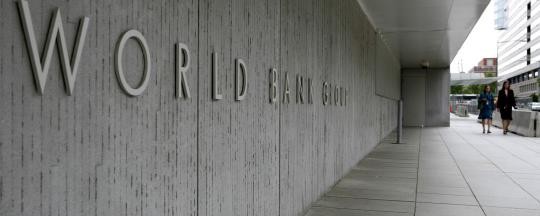The World Bank’s Board of Executive Directors has approved US$40 million in additional financing to a program that provides primary healthcare services in South Sudan’s Upper Nile and Jonglei states through the Ministry of Health and the aid group IMA World Health.
The funding was approved on Monday last week and announced to South Sudanese media in a press release circulated Thursday. The World Bank said that the funding would support efforts to provide services after the “collapse of the health care system”.
Since 2012, the World Bank has financed primary healthcare in two South Sudanese states, while American funding supported another two states and a British-led donor consortium covered the other six states. Much of the World Bank money was disbursed to IMA World Health, which worked under contract by the South Sudanese Ministry of Health as a service provider and manager of sub-contracts and grants with other healthcare providers.
The World Bank announced, “The additional financing will further improve the delivery of high impact primary health care services in Upper Nile and Jonglei states; and strengthen the coordination, monitoring and evaluation capacities of the Ministry of Health. It will also fill the funding gap needed to scale up the development effectiveness of the project.”
This funding will also be used for the procurement and distribution of pharmaceuticals to Jonglei and Upper Nile. This is a relatively new development following the collapse of a central procurement system, which the government was meant to take over from donors last year but failed to do so.
World Bank says funding for this purpose will address “the huge gap in the provision of pharmaceutical supplies.”
In its press release, the bank did not mention the role of the main end recipients of World Bank funding, IMA World Health and other NGOs. The press release stressed instead that the new funds will “support the government of South Sudan’s efforts to improve health services.”
Related:
World Bank responds to report ‘In Name Only’ (2 June)
In Name Only: The World Bank at the centre of a humanitarian crisis (29 May)




